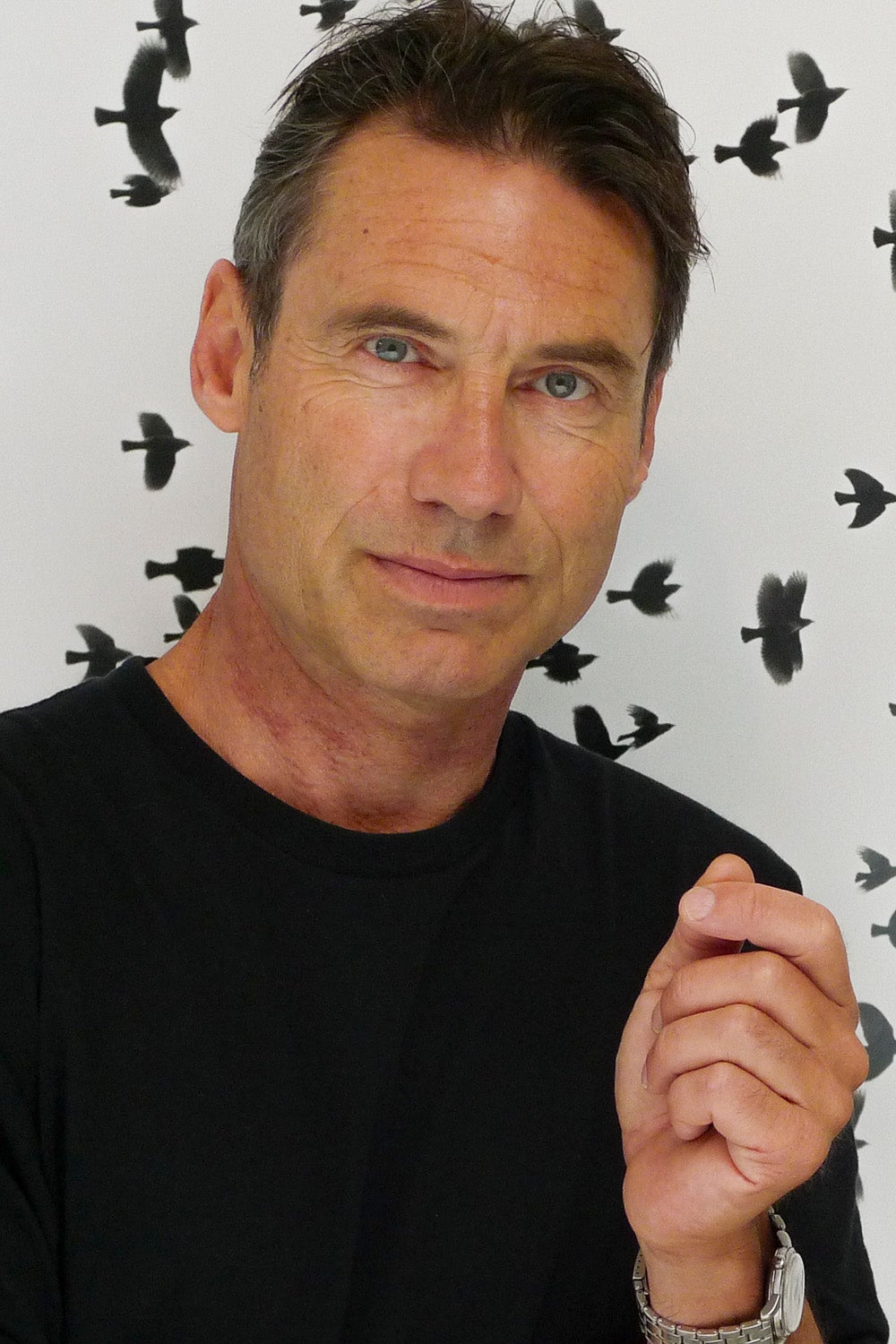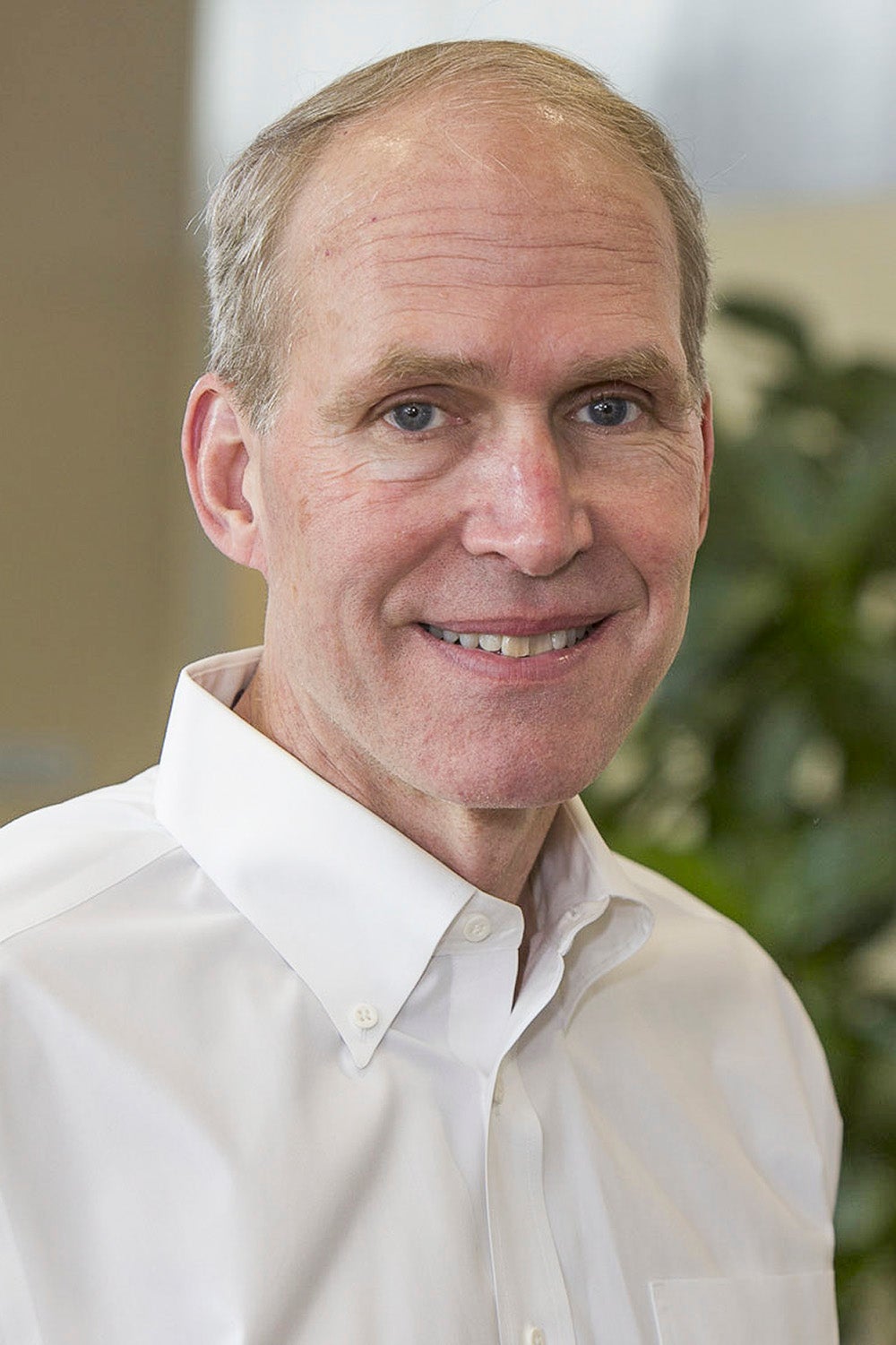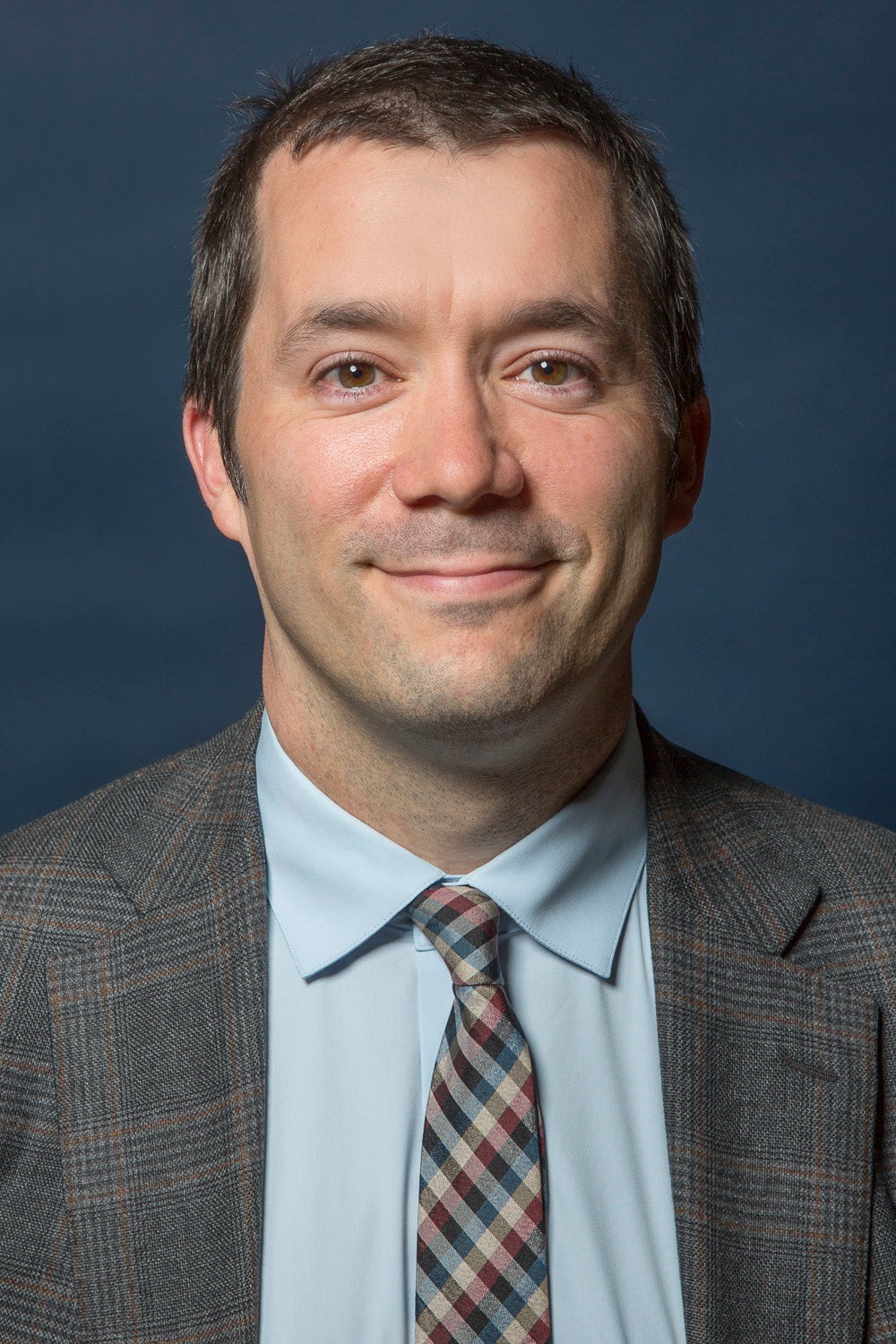Three Stanford scholars awarded Guggenheim Fellowships
Lukas Felzmann, Rob Jackson and Thomas Mullaney received 2018 Guggenheim Fellowships in recognition of their prior work and future potential exploring the world through art, science and history.
Three Stanford University scholars have been awarded 2018 Guggenheim Fellowships. This prestigious honor recognizes mid-career scholars, artists and scientists who have demonstrated a previous capacity for outstanding work and continue to show exceptional promise.
This year’s fellows from Stanford are Lukas Felzmann, Rob Jackson and Thomas Mullaney.

Lukas Felzmann (Image credit: Lukas Felzmann)
Lukas Felzmann has been teaching photography at Stanford for 25 years as a lecturer in the Department of Art and Art History in the School of Humanities and Sciences. His photographs examine the intersection of nature and culture and his installations have also included sculptural elements, projections and sound.
Felzmann is also interested in publishing conceptual photography books and has authored six books in total, the most recent being Apophenia, which weaves together a collection of postcards sent to his father with some of Felzmann’s unpublished photographs. As a Guggenheim Fellow, Felzmann plans to create a new photographic archive of California, which he describes as a “conceptual atlas” containing photos of “life as it is.”
“Looking in a focused way at what is around us is a way of connecting with the environment and humanity,” said Felzmann of his Guggenheim project. “This is instrumental for understanding and having empathy, both are important so that we can pass on this great land to the next generations without regret.”

Rob Jackson (Image credit: Stacy Geiken)
Rob Jackson is the Michelle and Kevin Douglas Provostial Professor, chair of the Department of Earth System Science in the School of Earth, Energy & Environmental Sciences and senior fellow at the Stanford Woods Institute for the Environment and the Stanford Precourt Institute for Energy. A researcher, author, photographer and poet, he is passionate about science communication and focused on examining and improving the ways in which humans affect Earth.
“I’m immensely grateful for the foundation’s support. The freedom and opportunity to be creative are what make a Guggenheim so special,” said Jackson.
His work as a fellow will include analyzing thousands of soil cores in order to understand soil fertility and water supply in plants. This builds on research his lab has been conducting for decades, which has produced the first global analysis of plant rooting distributions, and the first continental-scale measurements of microbial diversity in soils and the factors predicting them.
“Soils anchor our forests, crops and the natural world. Taking care of them is a multi-generational challenge,” said Jackson about the importance of his work, which will also include writing poetry.

Thomas Mullaney (Image credit: Lydia Daniller)
Thomas Mullaney is an associate professor of history in the School of Humanities and Sciences, a faculty fellow in the Program in Science, Technology and Society and a faculty associate in the Program in Modern Thought and Literature. His book, The Chinese Typewriter: A History, details the history of China’s modern, non-alphabetic information infrastructure and its sequel, The Chinese Computer: A History, will publish soon.
Alongside the forthcoming publishing of this book, it has been a year of many changes for Mullaney, personally and professionally, and he feels that this fellowship offers him an opportunity for growth.
“I’m eager to take a moment to reflect, to do a census of my intellectual limitations, and to see which of these limitations I should embrace as fundamentally ‘me,’ and which should be questioned, challenged and perhaps dissolved,” said Mullaney, who plans to start this reflection by exploring the work of other Guggenheim fellows, past and present.
Supported by the fellowship, which will begin for Mullaney in 2021, he will work on a global history of non-Latin typography and type design in the modern era. This project, titled Hot Metal Empire: Type Design, Script and Colonialism in Asia, Africa and the Middle East, will be based on Mullaney’s examinations of non-Latin type design and print history collections from around the world and on his own practice-based training in type design.
Said Mullaney of receiving the Guggenheim Fellowship, “I’m overjoyed and grateful, but also worried: Now the hard work begins.”
